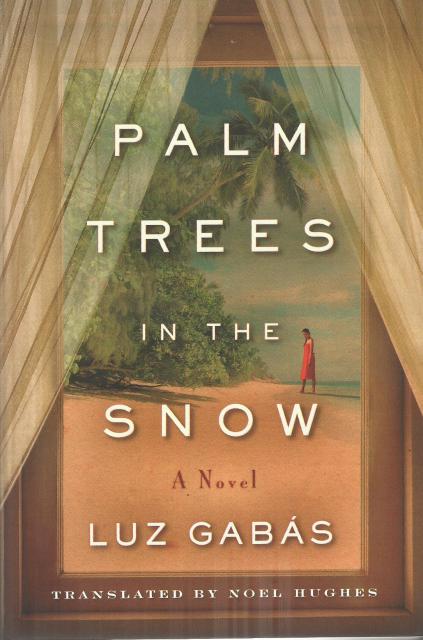In the Venn diagram of Taylor Swift fandom, I’m part of the section that is not anti-Katy Perry but loathes Rick Moody’s writing and thinks his opinions deserve “a contrapuntal eye-roll or two,” to quote Maura Johnston. But with Taylor Swift and thus Taylor Swift hate back in the entertainment news cycle, I’m republishing my piece on an overlooked anti-Swiftie and his case against la Swift.
I’m nearly a year late to the online dustup over Rick Moody’s anti-Taylor Swift pieces. But to paraphrase Miley Cyrus, “It’s my blog, I can write what I want.”
The opening shot came in Moody’s January 15 Swinging Modern Sounds column on the Rumpus. In it he claimed Swift’s music is unoriginal, inorganic, and crassly over-marketed, and that Swift herself is a social-climbing careerist.

Hiram F. Moody writes books and knows things.
Given Swift’s popularity, a backlash was inevitable. But even for those of us who aren’t Taylor Swift fans, Moody’s piece comes across as more of an ad hominem attack than anything. Consider the following:
So I find the allegedly refreshing and honest lyrics of Taylor Swift repellant and artificial, as if thought up by a middle-aged Swedish guy with a coke and Ritalin problem, and if I had to listen to them for long I would probably have to run screaming from the room.
…and so I say [Taylor Swift’s] music is inert, like the flattened squirrel…we will begin to hate it deeply…and we will say horrible things about it and her.
…her parents work in finance…she’s going to marry up…get into the movies…launch some clothing lines at Target…and a personal fragrance…and parlay all her bad press into some self-serious complaints…
Ouch.
Hit by charges of misogyny (Moody labels Alanis Morissette’s and Natalia Imbruglia’s earlier music as “post-menopausal antiques”), Moody took to Salon to defend himself.
In his Salon piece, Moody sets himself up as a an almost omniscient music critic. He claims to possess not only the sole criteria for evaluating music — “There are two layers to how music is evaluated in the world. There is how music is used, and there is how music sits within the history of music.” — but also knowledge of what “might work for everyone for all time.”
In my opinion, the most insightful response to Moody’s attack on Swift and her fans comes from Maura Johnston.
I’m just going to add a couple of my own gripes with Moody the music critic.
First of all, there is the matter of his choice in target — or, better said, there’s Moody’s choice of a target he considers beneath his own impeccable taste and literary genius.
Moody himself admits as much: “Let’s call this work what it is. It is music of minor interest…the Taylor Swift oeuvre doesn’t tell a complex human truth.”
Part of the deal between critics and readers is that the critics must explain why their opinions matters. In his Salon piece, Moody tries to explain why his does:
But the character of the personal assault obscures a larger cultural issue…: In grim economic times, large entertainment providers become more risk averse, which means that they issue more conservative music. And because there is less innovative music, the masses of listeners themselves become more accustomed to more conservative and less interesting music.
As evidence, Moody cites praise of Swift’s music from such noteworthies as Robert Christgau. But then, conspicuously absent in the rest of the piece is any sort of connection between his own thesis and the critics’ praise: the awfulness of Taylor Swift’s music is self-evident, according to Rick Moody.
Does Moody then consider his opinions and tastes more valid than anyone else’s? Consider his predictable yet odd citation of Lena Dunham as an authentic, confessional voice of her generation.
I don’t doubt that the author of The Black Veil finds some common ground with the creator of would-be memoirist and neurotically messy New Yorker Hanna Horvath.
But the appeal of Girls, if not of Dunham herself, seems to escape Moody entirely. The show presents such a specific milieu so specifically that it fails Moody’s everyone-for-all-time test.
Which isn’t to say that there isn’t room in the culture for Swift and Dunham, that only one is entitled to her vision. No, Moody’s real criteria are less about “universality” than they are about likeness to Rick Moody.
So I’m nagged by the feeling that I’ve learned more about Moody’s deficiencies as a writer and critic than Swift’s as a singer-songwriter. Moody’s desire make an academic exercise out of musical taste is about as un-rock n’ roll as Swiffers in multiple colors. And his belief that he possesses the universal answer key to this exercise is even more laughable, given the narrow, predictable scope of his musical interests.
Advertisements Share this:





